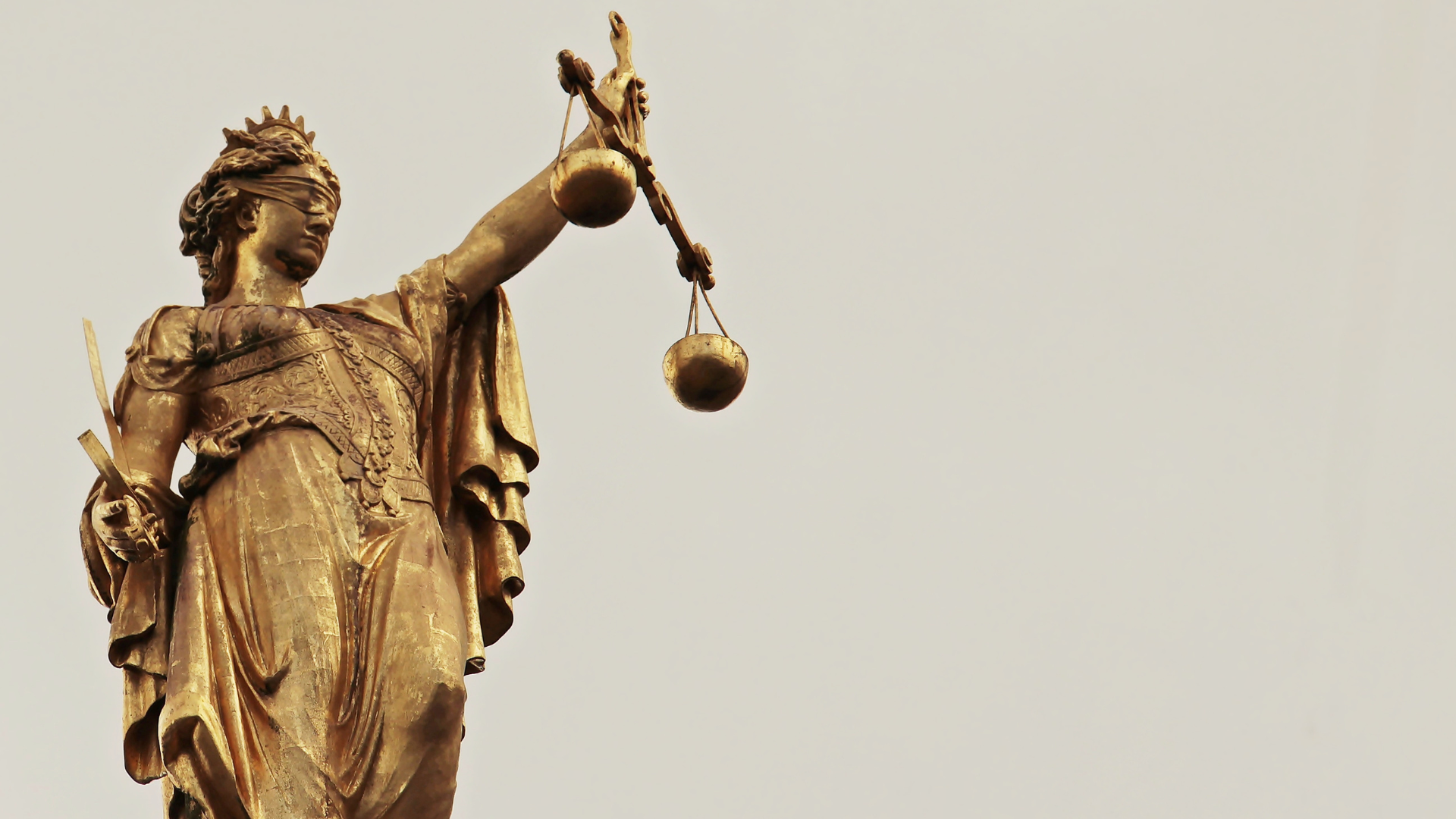Case Analysis of Selected Violations Committed against the School and the Teachers

CASE 1: CHED Files Criminal and Administrative Cases Against Mandaue City College for Illegal Operations
Scenario
The Commission on Higher Education (CHED) in Manila has filed criminal and administrative cases against Mandaue City College (MCC), led by Dr. Paulus Maria Cañete, for operating illegally after defying a closure order issued in December. CHED's lawyer, Lily Mildred Milla, emphasized that despite the order, Cañete's school continued to operate without recognition from CHED.
In 2019, Cañete defied CHED’s order, arguing that only a court decision could stop the school’s operations. In 2022, CHED-7 delisted MCC and several other local universities and colleges for their failure to comply with the requirements provided under Republic Act 10931, also known as the “Universal Access to Quality Tertiary Education Act.” Since then, MCC has been working to comply with CHED’s requirements.
In 2023, the court upheld the closure order issued by CHED against MCC for operating without legal authority, as MCC-Cañete lacked recognition and failed to comply with CHED's requirements.
Reference:
MANDAUE CITY COLLEGE, REPRESENTED BY DR. PAULUS MARIAE L. CAÑETE, PETITIONER, VS. COMMISSION ON HIGHER EDUCATION (CHED), RESPONDENT. G.R. No. 252063. = https://lawphil.net/judjuris/juri2023/feb2023/gr_252063_2023.html
SC closes ‘Mandaue City College.’ (2023, June 26). SunStar Publishing Inc. https://www.sunstar.com.ph/cebu/local-news/sc-closes-mandaue-city-college
Perolina, F. Z. (2010, December 4). CHED orders school closed. Philstar.com. https://www.philstar.com/cebu-news/2010/12/04/635655/ched-orders-school-closed
Violations Committed
Violations of Republic Act 7722, the Higher Education Act of 1994, which grants CHED authority over all post-secondary educational institutions. Failure to meet the minimum standards set by CHED for programs and institutions of higher learning. Operating without legal authority and recognition from CHED. Continued operation despite a closure order issued by CHED
Violations of Batas Pambansa 232 and Failure to comply with the requirements provided under Republic Act 10931, the “Universal Access to Quality Tertiary Education Act.” Unauthorized use of the name Mandaue City College, as MCC-Cañete was not the institution created by the Mandaue City ordinances.
Suggested Plan of Action
CASE 2: Parental Harassment Due to Admission Denial
Scenario
A parent is threatening and harassing the school administration because the school has decided not to admit their child due to the child's behavior and the family's background in illegal activities.Violations Committed
Batas Pambansa 232 or Education Act of 1982 Violation of Rights of Schools (Section 13). The school has the right to adopt and enforce administrative or management systems and to determine on academic grounds who shall be admitted to study, who may teach, and who shall be the subjects of study and research. The parent's behavior is in violation of the school's policies and code of conduct. This poses a potential safety risk to students and staff, creating a hostile environment and disrupting the school's ability to operate effectively.
Batas Pambansa 232 or Education Act of 1982 Violation of Special Rights of Teaching or Academic Staff and School Administration (Section 11 and 12). Teachers and school heads are deemed persons in authority while in the discharge of lawful duties and responsibilities and shall, therefore, be accorded due respect and protection.
Suggested Plan of Action
CASE 3: Wrongful Termination of a Teacher
Scenario
In 2018, a teacher in the Philippines was wrongfully terminated by the school administration due to supposed incompetence and misconduct. However, evidence showed that the school administration did not follow proper procedures and unfairly targeted the teacher because of personal conflicts and biases.
Violations Committed
Violations of the Magna Carta for Teachers. Teachers in the Philippines have the legal right to due process, freedom of expression, and protection from discrimination. They are also entitled to fair compensation, benefits, and working conditions as provided by law. The school dismissed the teacher without valid grounds and failed to follow proper legal and procedural protocols in the termination process. Bias influenced the termination decision.
Violations of the 1987 Constitution. The constitution protects workers' rights and ensures fair working conditions.
Suggested Plan of Action
CASE 4: Wrongful Termination of a Teacher
Scenario
In a high school in Metro Manila, a teacher was physically assaulted by a student after the teacher confiscated the student's phone for using it during class. The student, feeling aggrieved, pushed the teacher against the blackboard, causing the teacher to sustain injuries.
Violations Committed
Batas Pambansa 232 or Education Act of 1982. Special Rights of Teaching or Academic Staff and School Administration (Sections 11 and 12). Teachers and school heads are deemed persons in authority while in the discharge of lawful duties and responsibilities and shall, therefore, be accorded due respect and protection.
Articles 148 and 151 of the Revised Penal Code. Direct assault against a teacher and resistance/disobedience to lawful orders while in the performance of duty, according to Article 152 of the same Code. The assault occurred in front of other students, creating a hostile and unsafe learning environment.
Commonwealth Act No. 578 Section 11. This law recognizes supervisors, teachers, and professors of public and recognized private schools as persons in authority.
Suggested Plan of Action
Post a comment